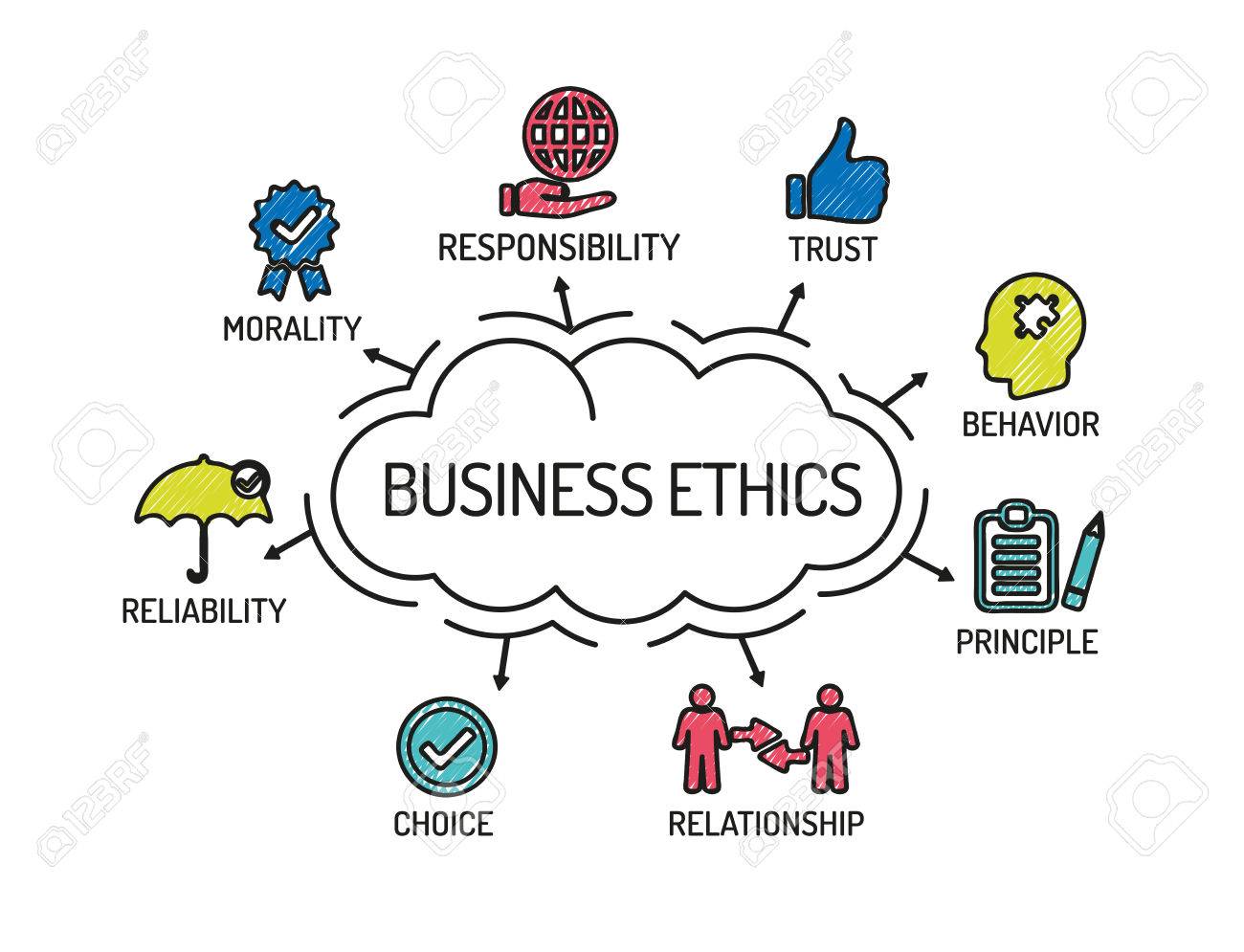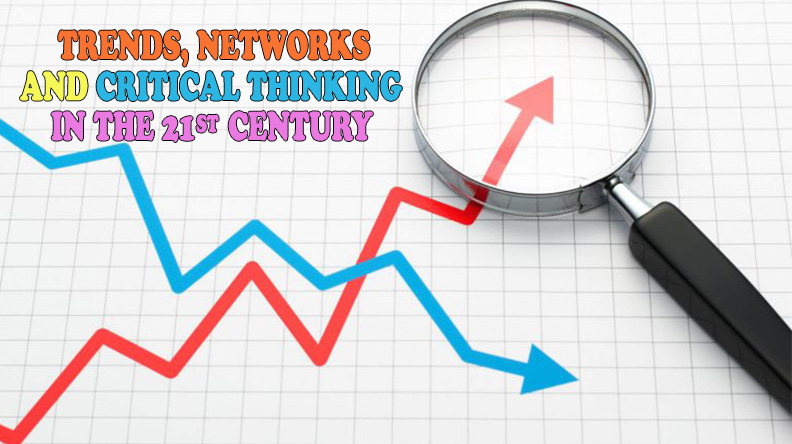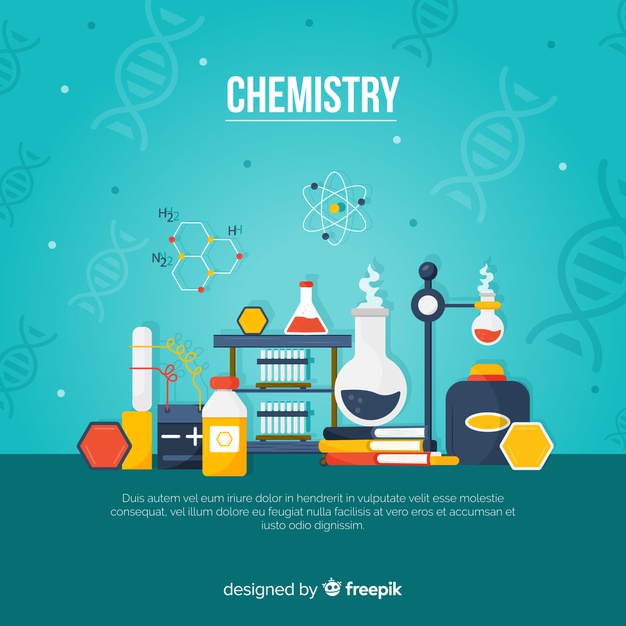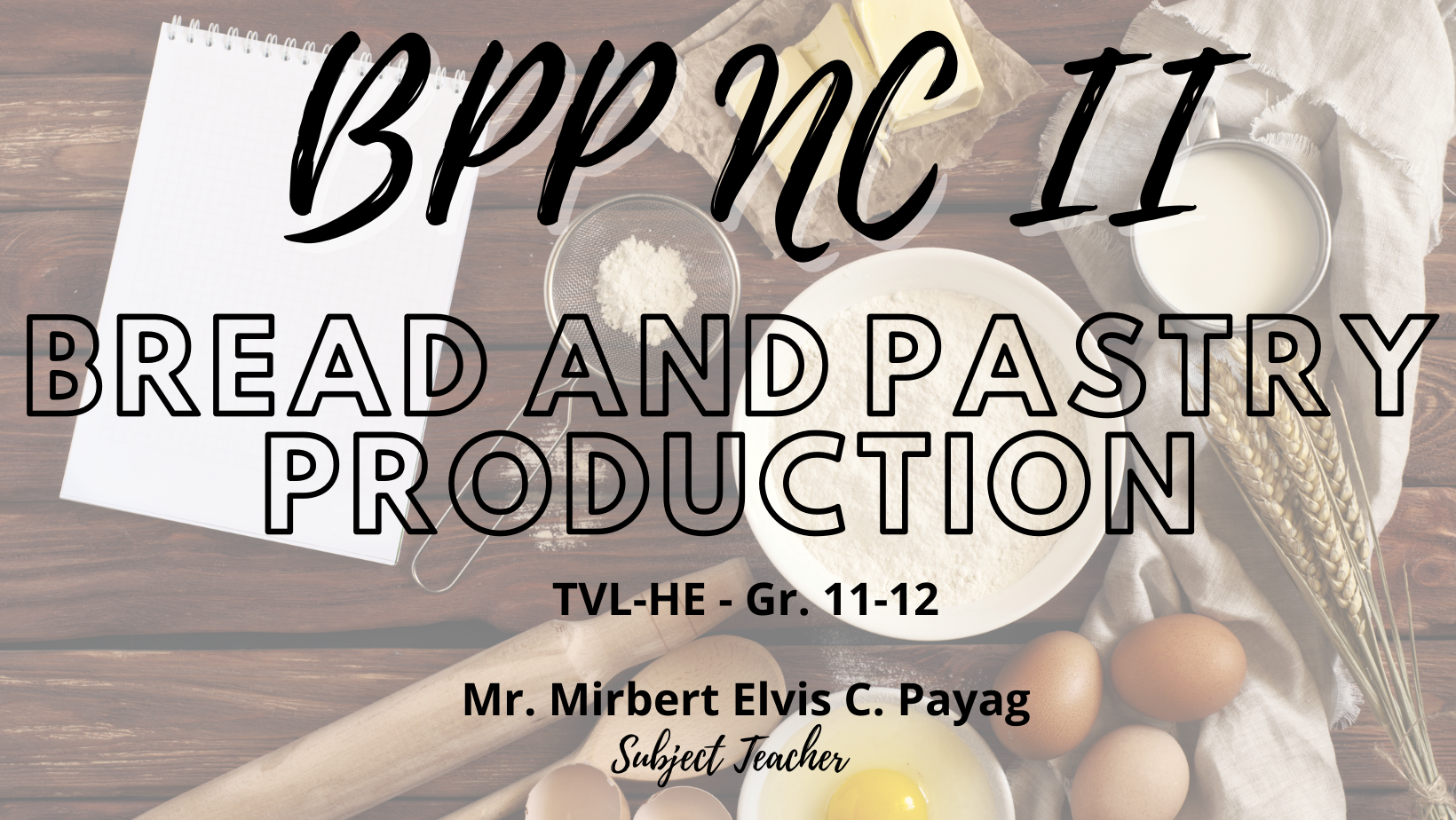This culminating activity aims to expose students to become familiar with work-related activities related to their field of specialization to enhance their competence.
The course deals with the fundamental concepts, principles, and practices of ethical standards in the business environment. It combines
the theoretical foundations of setting up business enterprises with the conduct of entrepreneurial activities in the context of one’s accountability and social
responsibility.
Specifically, the course aims to: (1) provide students with a basic understanding of the mechanisms whereby companies can be made to act in the best interest of
shareholders, other stakeholders, and society as a whole; (2) provide students with knowledge of general ethical principles as applied to the special situations of
business and the ability to make informed judgments through case analyses; and (3) equip students with the ability to formulate basic strategies in relation to
corporate ethics and governance.

- Teacher: Myca Elaine Domingo
This course deals with the fundamental principles, tools, and techniques of the financial operation involved in the management of business
enterprises. It covers the basic framework and tools for financial analysis and financial planning and control, and introduces basic concepts and principles needed in making
investment and financing decisions. Introduction to investments and personal finance are also covered in the course. Using the dual-learning approach of theory and
application, each chapter and module engages the learners to explore all stages of the learning process from knowledge, analysis, evaluation, and application to preparation
and development of financial plans and programs suited for a small business.
- Teacher: Myca Elaine Domingo
This course explores the various forms of creative non-fiction such as the literary memoir, the personal essay and travel writing as well as newer on-line forms of the genre. Students learn about the creative possibilities in the blending of fact and fiction that occurs in literary nonfiction. They will study the mid-level skills and techniques that turn facts into compelling stories and apply them to their own writing.

- Teacher: Christian Jorge G. Monteza
This culminating activity develops critical-thinking and problem-solving skills through qualitative and quantitative researches.
- Teacher: Jocelyn Galido
This culminating activity develops critical-thinking and problem-solving skills through qualitative and quantitative researches.
The course provides opportunities for students to discover patterns and extract meanings from emerging trends. It aids in developing their critical and
creative thinking skills-- essential tools for decision making and understanding “ethics of care”. Global trends in the 21st century are examined and are either accepted or
rejected on a sound set of criteria. Students will be asked to create and analyze scenarios that will challenge them to (1) formulate their stances on issues or concerns; (2)
propose interventions and; (3) formulate alternative futures. The students will realize the interconnections between their neural connections and social realities.

- Teacher: Jocelyn Galido
In this course students will learn the composition, structure, and properties of matter. Including the quantitative principles, kinetics, and energetics of transformations of matter; and fundamental concepts of organic chemistry.

- Teacher: Lou Valerie Latina Blanco
In this course learners will understand the mechanics of particles, rigid bodies, and fluids; waves; and heat and thermodynamics using the methods and concepts of algebra, geometry, trigonometry, graphical analysis, and basic calculus.

- Teacher: Gary Ed Flores

- Teacher: Christian Ray Carandang
- Teacher: Reynaldo Catapia